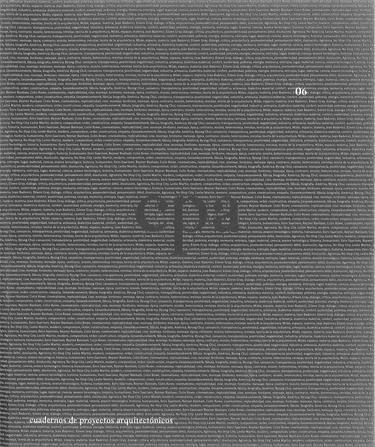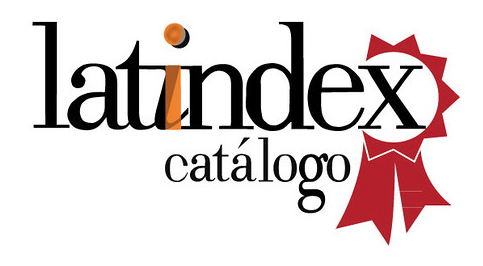Pessoas influence in Fernando Tavora's discourse
Keywords:
Message, epic genre, opposite, mission, heteronomyAbstract
Abstract
As Távora himself admits, “I am very interested in Pessoa. I am a true expert on the subject.” Just a look at his private library in his home in Rua Sra. da Luz, where his days would end with him reading himself to sleep, is enough to corroborate his almost fetishistic obsession with the poet. This influence was parallel to that of Le Corbusier, his only permanent architectural reference, as Shakespeare was in literature to the writer.
Despite the impossibility to exchange discourses, as they did not coincide in time, Távora claimed that Mensagem, Pessoa’s apologetic work about Portugal’s greatness, was the book of his life. In Pessoa’s epic style, he therefore focused on his cause for a new architecture, a synthesis of tradition and modernity. The essay he wrote during his youth, O problema da Casa Portuguesa, could resemble the poet’s first book, as he traces his vital mission in an almost heroic manner, which would be reflected in his design for Casa sobre o Mar. Moreover, in his relationship with other key characters in his career, namely architects who complemented and spread his work, we find a narrative of heteronyms, which culminates in the
consecration of the so called School of Oporto.
This article aims to reflect how Távora’s admiration for the poet somehow polluted his thought and how Pessoa’s reference constituted for him both a buoy to cling to in moments of doubt and a permanent mist that would linger on his work throughout his whole career. This would help him justify the apparent contradictions his synthesis contained.
This author has translated most of the poems and quotes from the Portuguese originals, which have then been translated into English, in order to ensure greater continuity in reading. I apologise for such audacity.
Downloads
Downloads
Published
Issue
Section
License
1. Los autores conservan los derechos de autor y garantizan a la revista el derecho de una Licencia Creative Commons Atribución-NoComercial-SinDerivar 4.0 Internacional que permite a otros compartir el trabajo con un reconocimiento de la autoría.
2. Los autores pueden establecer por separado acuerdos adicionales para la distribución no exclusiva de la versión de la obra publicada en la revista (por ejemplo, situarlo en un repositorio institucional o publicarlo en un libro).












